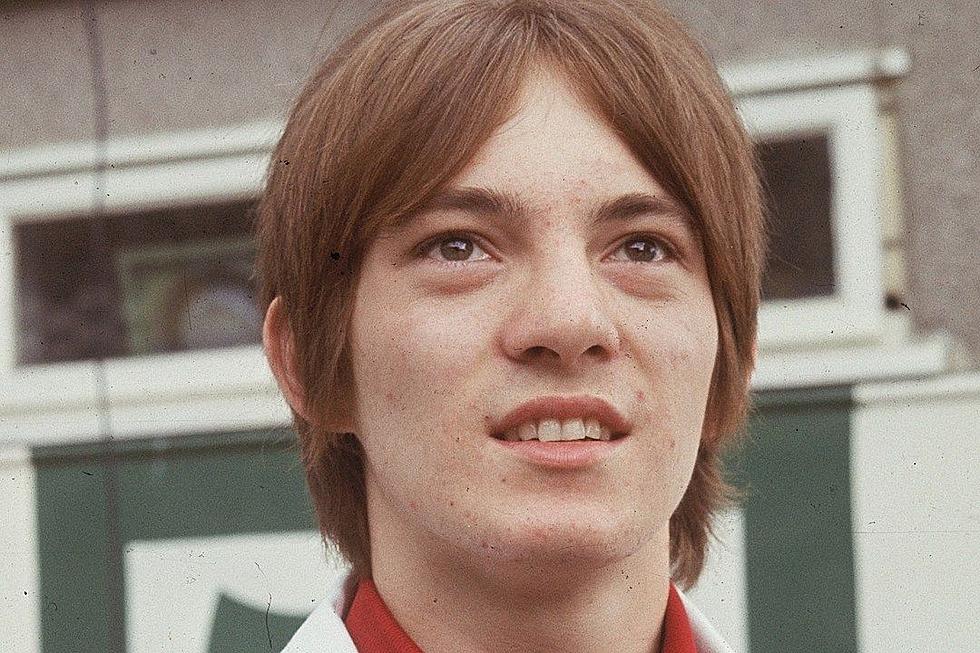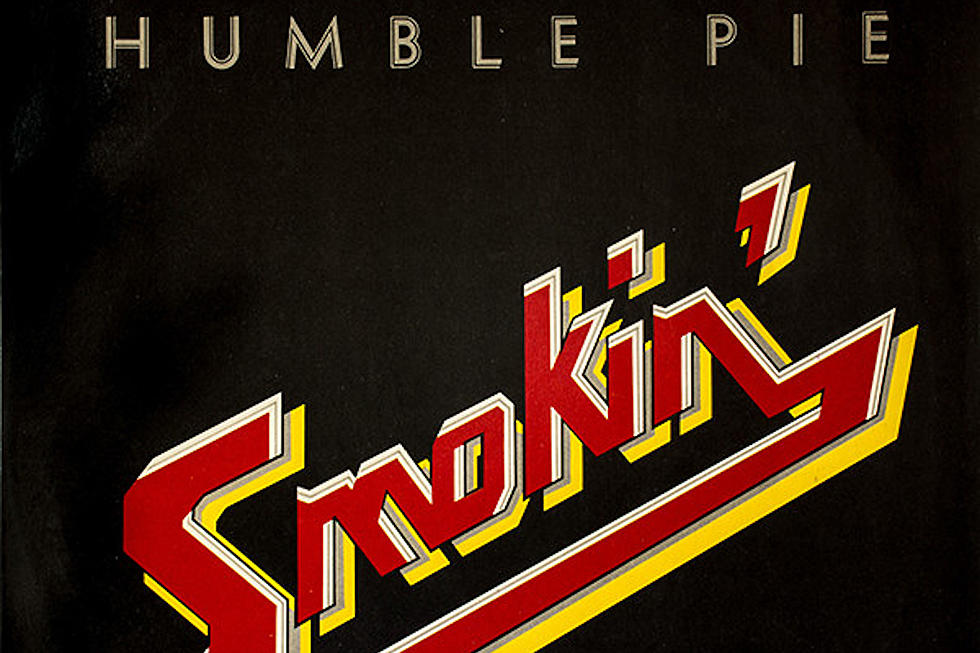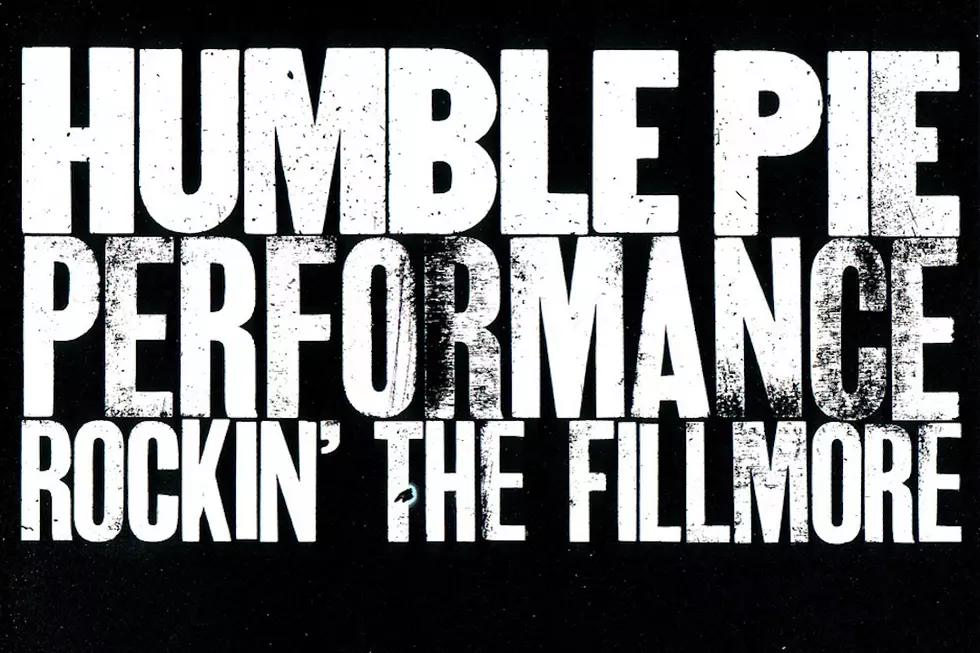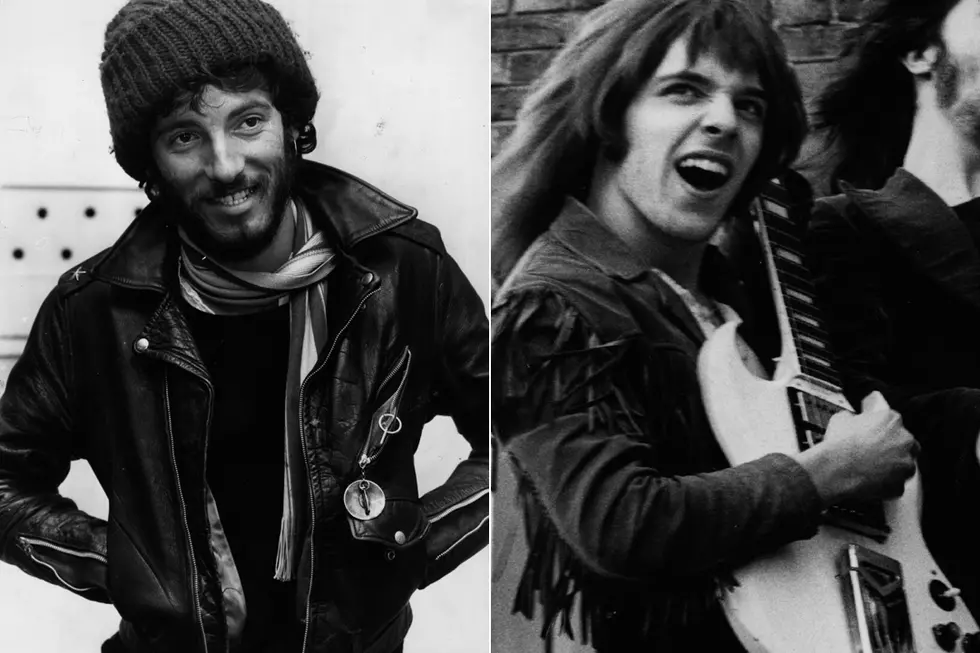
Why Humble Pie Imploded With ‘Street Rats’
Humble Pie endured their share of turbulent times early in the band's existence, overcoming the departure of guitarist Peter Frampton through a steady diet of regular album releases and a seemingly never-ending series of tours arranged by manager Dee Anthony.
By the mid-'70s, they'd attained a measure of commercial success, sending a string of LPs into the American Top 40 and notching a handful of hit singles along the way. But they were also flat broke, tired of life on the road, and coming apart at the seams.
The band's eighth studio LP, Street Rats, captures Humble Pie mid-implosion; in fact, according to the group's members, it wasn't even supposed to be a Humble Pie record at all. Bandleader Steve Marriott, exhausted after one too many tours, wanted to take a break from making the band his top priority. Their label, A&M Records, was impatient for more Pie product, but he opted instead to begin work on three LPs – a solo album, a duo record with the group's bassist Greg Ridley, and a proper Humble Pie release. Unsurprisingly, between this scattershot creative approach and the musicians' overall burnout, the results weren't exactly coherent.
"Everything was so self-destructive at that point," drummer Jerry Shirley said years later in Dan Muise's book, Gallagher, Marriott, Derringer & Trower: Their Lives and Music. "Everybody was doing everything in a dozen different directions and nothing was getting done." Adding to the band's dire financial straits was their ironclad contract with Anthony. As Shirley put it, Anthony "had us truly locked up. ... It was a nightmare of a time."
Marriott ultimately ended up writing or co-writing five of the 11 tracks on Street Rats, but avoided the drama through overindulgence. "Steve's way of dealing with things was buying an ounce of coke every other day and burying himself in his studio," Shirley added. "When you've got nothing but carte blanche studio time and all the coke in the world, all you do is record."
Quantity doesn't necessarily constitute quality, however, especially when you're too addled to make sound decisions about the stuff coming out of the speakers. So it was with the Street Rats sessions: "There were great bits here and there," argued Shirley, "but there was no one focus on one record."
Ridley, who described himself and Marriott in Muise's book as "two lonely souls," looked back on that period as a sort of sleepless musical haze. "We'd just sit there for almost a week at a time without sleeping," he recalled. "He and I would just go through different things. He'd say, 'Let's try this chord,' and then we'd go off from that."
Eventually, A&M execs grew tired of footing the bill for what appeared to be an increasingly aimless trio of projects and mandated that Marriott and the band bring in a producer to help shepherd the sessions. Their choice, flamboyant former Rolling Stones manager Andrew Loog Oldham, had name value – and experience with wrangling drugged-out musicians. But he wasn't really the rough hand that Humble Pie needed at that point.
He ended up doing a lot of work salvaging the recordings. Unfortunately, Street Rats – and the band itself – was probably already a lost cause before he even walked through the door of the studio. "The rot had long since set in," Shirley admitted. "He tried, he failed – let's put it like that. There was all kinds of nonsense going on."
The truth is, Humble Pie weren't the only parties guilty of nonsense. Insistent on releasing a Humble Pie album and steadfastly disinterested in Marriott's other plans, A&M ultimately commandeered the tapes, demanding that an LP's worth of tracks from the period later dubbed the Scrubbers Sessions be cobbled together into the "band's" next effort. Under duress and fairly shady circumstances, Street Rats was born.
In the months after the album's February 1975 release date, Steve Marriott and his bandmates would publicly disavow the results. Marriott went so far as to insist that the label "stole" the tapes for the title track, which was played with people outside the band and had "nothing to do" with Humble Pie. Prior to the album's completion, however, the members of the group were more resigned than angry.
"No one cared; no one was talking. We'd already broken up," Shirley said. "We'd agreed to allow the album to be released and to do a farewell tour. Other than that we were pretty much done." And that's essentially the way it went down for Humble Pie during the Street Rats period.
When a last-ditch effort to get Marriott and Ridley to clean up and redouble their commitment to the group failed – along with an attempt to lure Who manager Bill Curbishley into their camp and ditch Dee Anthony – Shirley and guitarist Clem Clempson felt there was no choice but to walk away.
Street Rats fared poorly in comparison to its predecessors, peaking at an unimpressive No. 100 on the Billboard albums chart, but there was still plenty of demand for Humble Pie. That became abundantly clear during the farewell tour, which drew healthy crowds even if Shirley and Clempson were playing with one foot out the door. Marriott and Shirley would revive the band name in later years, both together and apart. Still, the group's glory years were firmly behind them. After Marriott died in a house fire in April 1991, all hopes for any kind of real reunion were permanently quashed.
Today, it's easy to paint Humble Pie's story as another tragic tale of bad behavior and financial tomfoolery splitting up a once-promising band, but not all of the group's former members agreed with that point of view. Years later, Clempson gave Muise a more philosophical take on what drove Humble Pie apart, speculating that the lineup might have dissolved no matter what.
"There are hundreds of Humble Pies and they may all have their personal reasons that they attribute to their downfall," he mused. "But it's usually just because they have a creative period and they get popular. They get some hit songs and everybody wants to hear them. And they just fail to live up to it for whatever reasons. The pressures of touring, the internal conflicts of egos, believing their own hype – all these things are contributing factors."
See Peter Frampton Among the Top 100 Live Albums
More From Ultimate Classic Rock









